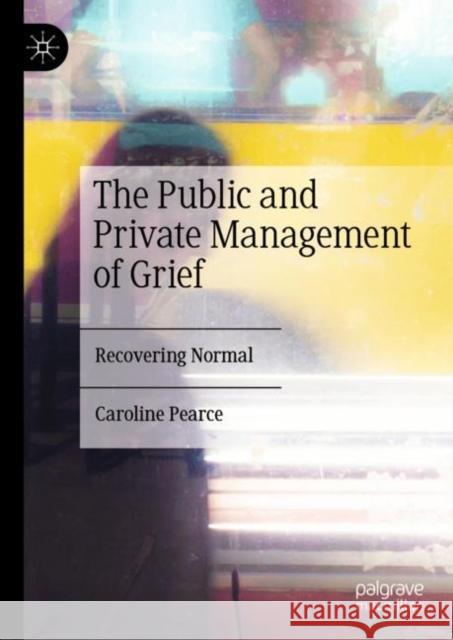The Public and Private Management of Grief: Recovering Normal » książka
topmenu
The Public and Private Management of Grief: Recovering Normal
ISBN-13: 9783030176617 / Angielski / Twarda / 2019 / 233 str.
Kategorie:
Kategorie BISAC:
Wydawca:
Palgrave MacMillan
Język:
Angielski
ISBN-13:
9783030176617
Rok wydania:
2019
Wydanie:
2019
Ilość stron:
233
Waga:
0.45 kg
Wymiary:
21.01 x 14.81 x 1.6
Oprawa:
Twarda
Wolumenów:
01
Dodatkowe informacje:
Wydanie ilustrowane











